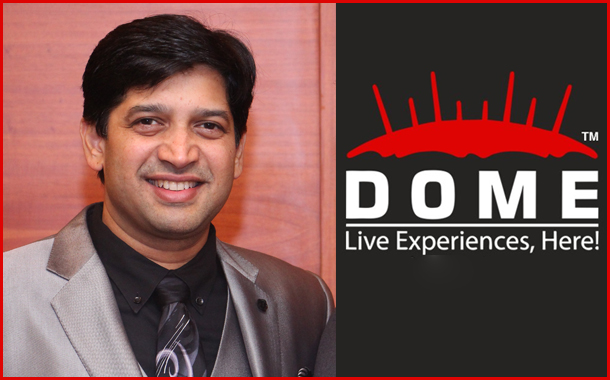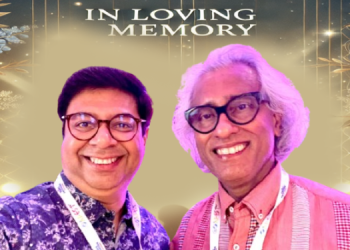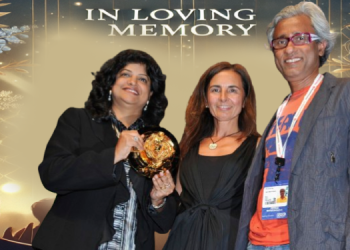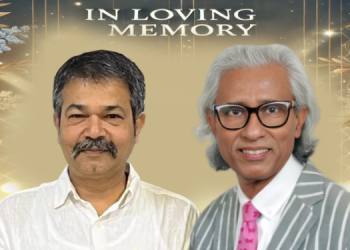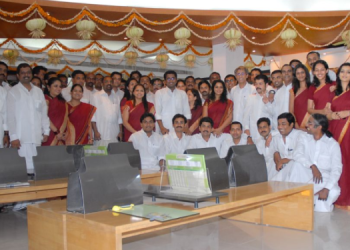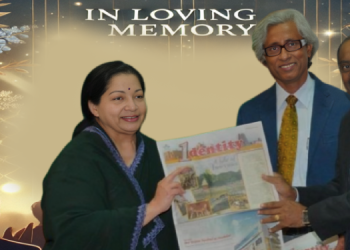Authored by Mazhar Nadiadwala
India is home to a thriving event management industry that has witnessed a remarkable growth in recent years. From huge concerts to grand corporate events and more, there has been a significant hike in the demand for large scale events. A significant change in how the industry operates, is the use of technology which has taken events to a higher level and made the impossible possible. Despite this, India has not reached its full potential as a hotspot for hosting these large-scale events. Some of the reasons can be attributed to:
Rigorous licensing processes
While hosting an event we need to remember to apply for licenses, well in advance. Some of the basic licenses that need to be acquired prior to the event are PPL (Phonographic Performance Limited) Licence, IPRS (Indian Performing Right Society Limited) Licence, Performance Licence, Loudspeaker License, Premise License, Excise License, etc. Obtaining the necessary licenses can help avoid any legal conflicts, but the processes to apply for them need to be smoothened out.
Training manpower
Every event needs an adequate amount of efficient manpower that will aid in the smooth functioning across every vertical. Tasks need to be diligently assigned as per the individual’s skillset to ensure a perfect fit for the job designated. It is imperative that the event company conduct learning and training programs for employees who require it. Although time consuming, it is beneficial in the long run.
Acquiring sponsorships
Possession of adequate capital is the backbone of every event in the industry. Multiple challenges are faced when scouting for sponsorship for the event at hand. Identify the right sponsor that is interested in funding the event. Do not accept funding from sponsors that have little to no concern in the event, but solely place concerns on great Returns on Investment (ROI). A little searching goes a long way in securing adequate capital to host the event.
Infrastructural inadequacies
Another major concern is the lack of infrastructure needed to support the event. Every event management company must search for the right venue that is equipped with the necessary technologies to host the event. Scouting for the perfect venue for the event is critical and must take into account aspects like the location, crowd, lighting, etc. Another glaring problem faced by consumers is the lack of parking facilities. Thereby parking in surrounding public spaces is a direct cause of traffic and congestion.
Commercial tax
Commercial Tax or Entertainment Tax is an essential requirement for organising the event. It is usually calculated on the estimated number of tickets to be sold, but the percentage of entertainment tax varies from place to place. Ensuring that the necessary procedures are compiled that can facilitate smooth proceedings of the concerned event.
Profitability issues
Profitability is earmarked as a major point of concern for every event company. In factoring the prices of tickets based on the overhead costs incurred, the organisers do not generally draw in huge profits. Overhead expenses like taxes, permissions, licenses are high, but recovery cost is minimal as the ticket prices have to be on the lower end to ensure buyers.
Security concerns
Security is another problem that arises at every event. If not equipped with adequate security measures, employ the services of a company that specialises in providing high end/ first class security to its clients. Hiring effective security will enable better monitoring at the event. By providing the necessary security and precautions, the event company showcases its care for customers’ welfare and additionally protects its own interests.
Complimentary tickets
Multiple companies give out complimentary tickets to attract audience to its event. This however results in fewer profits as well as does not guarantee attendance. Organisers must reduce the distribution of free tickets to ensure that profits may arise from the event at hand.
Low-profile live music destination
Complying with these necessary precautions can ensure minimising of last minute disasters. But as humans, errors are possible. Careful analysis may result in significant reductions in mistakes and minimal errors to rectify. Despite the existing issues, event management companies will learn from past mistakes and work to put India on the global events map.
The author of this article is Mr. Mazhar Nadiadwala , Managing Director, Dome Entertainment. Mr. Mazhar Nadiadwala is a part of the most renowned film industry family – The Nadiadwala’s. With an extensive experience of more than 20 years, Mazhar has now added another feather into his portfolio venturing into the business of premium venues in the position of Managing Director of Dome India. With Dome, his vision is to give India an iconic venue of international recognition and creating new benchmarks through highly curated experiential events, making the venue a destination itself.

